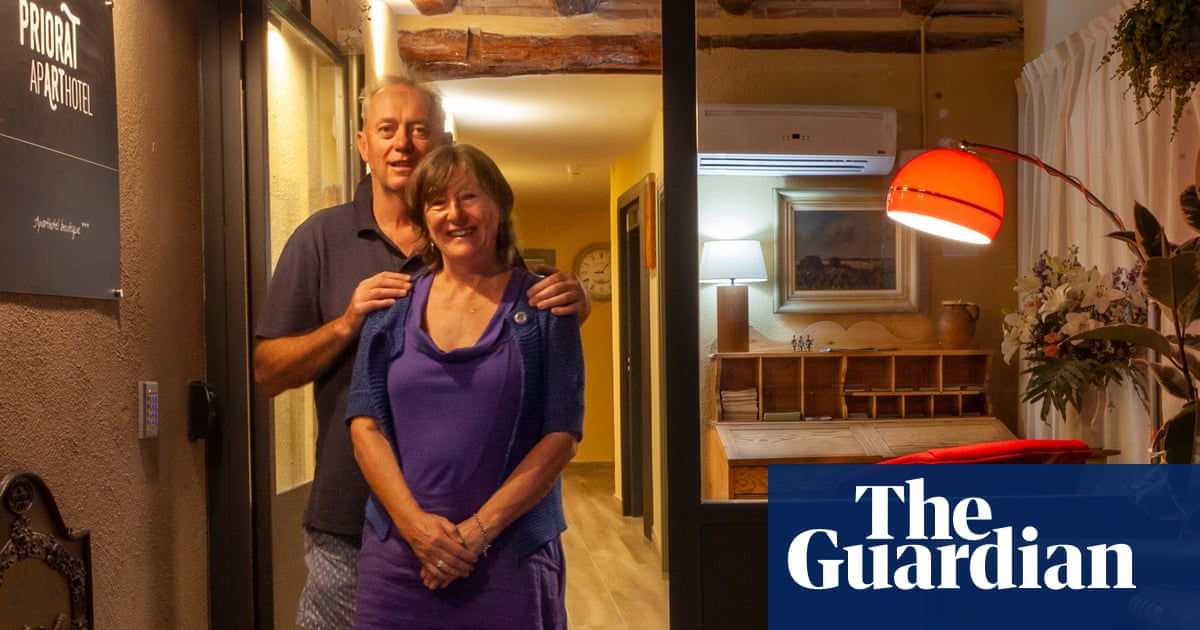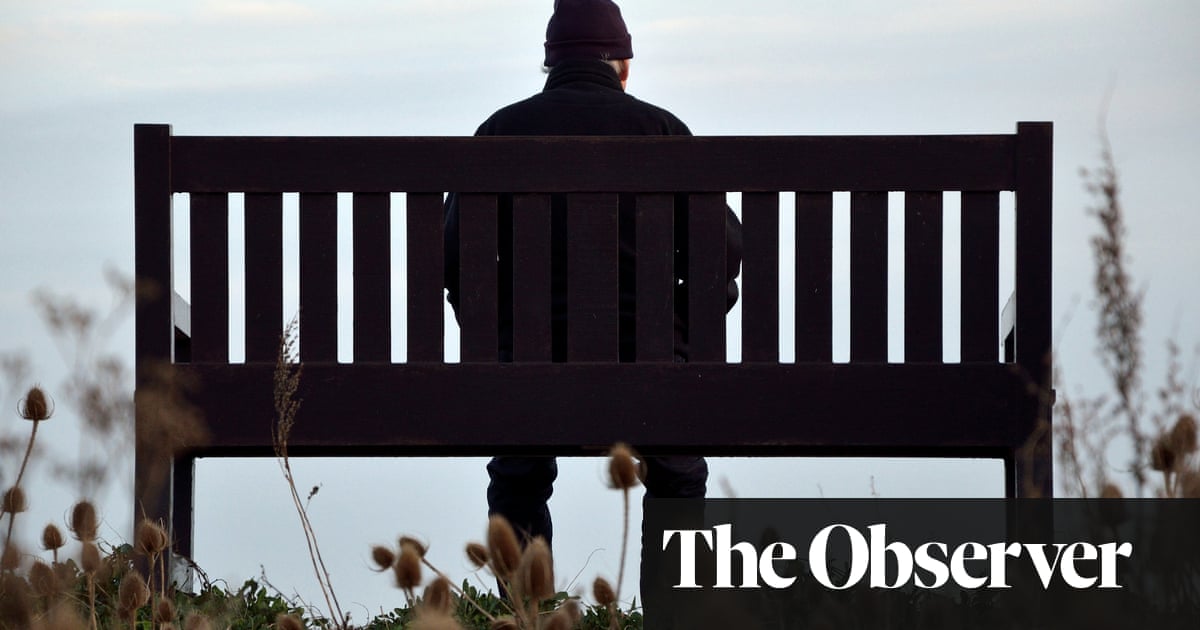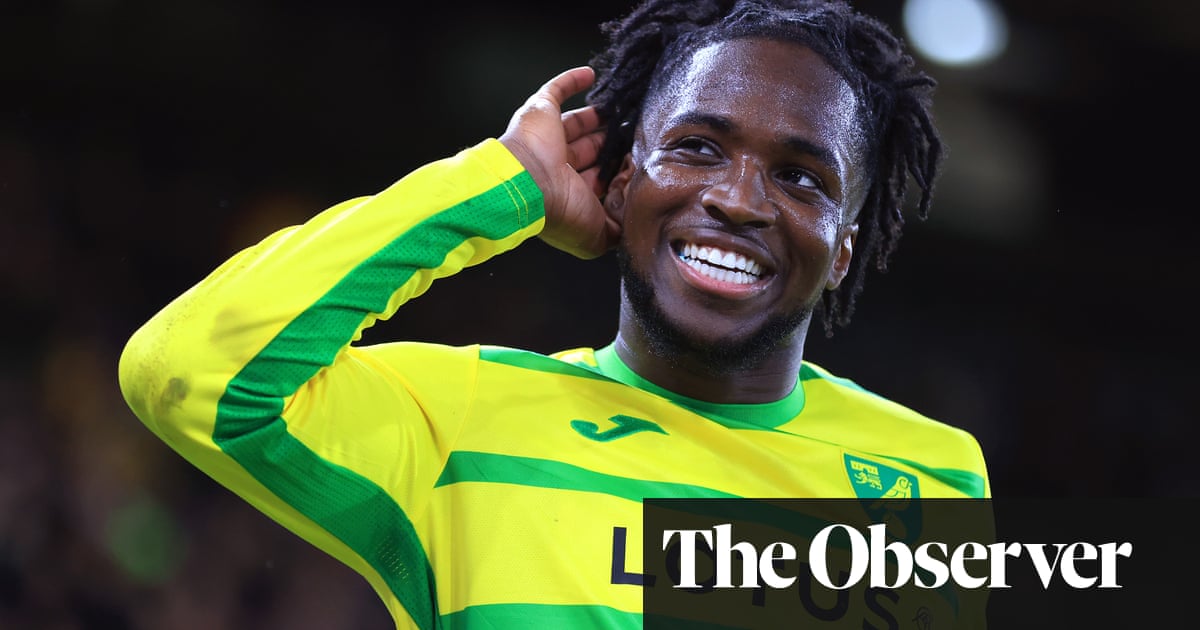
decided to quit Twitter last month. I haven’t been engaging properly with it for a while, only tweeting to point out a podcast or a show I was doing. But still, I’d had enough and tweeted to say as much (yes, I did a leaving tweet, which I admit is a little embarrassing).
I was tired of the incessant comments about me getting work only because of diversity quotas and political correctness, from people who ignore the fact I couldn’t care less whether it’s talent or initiatives that get me the work: I’m still taking the money.
I have long been of the opinion that Twitter is a double-edged sword, except one where the downsides increasingly outweigh the positives: one edge of the sword is much sharper, heavier and more troll-like than the other. There’s no room for nuance. I once tweeted something sarcastic about Doctor Who having a female star, attempting to lampoon the morons who have a problem with it, and it was taken at face value; I was then attacked for having a problem with the Doctor being female. Which I obviously do, but wouldn’t state publicly. (That was a joke, don’t @ me: it’s pointless anyway now.)
A while ago, I read So You’ve Been Publicly Shamed by Jon Ronson, a fascinating look at social media takedowns or pile-ons of various people and the repercussions. I remember thinking it represented the absolute nadir of Twitter behaviour – but if anything we can look back on that time as the halcyon days, when those incidents were few and far between.
On the other hand, when the pile-on is one I agree with, I find it hugely enjoyable to watch. Seeing the Fyre festival drama unfold on Twitter was a joy: after watching a documentary about the super-rich festival-turned-nightmare, I spent hours scrolling through posts on the hashtag to see if anyone else was as annoyed as I was that Ja Rule, one of the organisers, seemed to be getting away scot-free. It can also be useful as an instant reflection of what people make of something. Recently, I watched the first two episodes of the Marvel series WandaVision and wanted to know if everyone else was as utterly confused as I was: were we meant to have enjoyed it? (It turns out I was supposed to be confused about that.)
So I do understand those who say they enjoy Twitter and get something from it. Some people have positive discourse on it, and there is a 3-5% chance that if you are on Twitter you are not pure evil. There are people who feel less lonely as a result of the connection it gives them, and it can be a good way to make people aware of a cause. But I think my biggest issue with the site is the tone; the way people speak to each other is truly unacceptable.
Take my leaving tweet, for example. I said it was my last post but that people could follow me on Instagram and Facebook (and TikTok – and, most likely, OnlyFans before long). Loads of the replies were lovely and said they understood why I was going, would follow me elsewhere and hoped the trolls weren’t getting me down. But a couple said they didn’t give a crap; that I was scum for staying on Facebook and they hoped I died soon. Something like that – I’m paraphrasing. Of course I focused only on those replies and came away utterly disgusted with humanity. This might say more about me than Twitter.
It’s felt pretty good since I left – a bit like decluttering my brain. I’m less worried about discovering that people are suddenly annoyed by something I said in 1997. The other bonus is that I have managed to take the time I was spending on Twitter and focus it instead on TikTok, neglecting my family by entering into 1990s hip-hop wormholes on YouTube. I’m like a new man.












